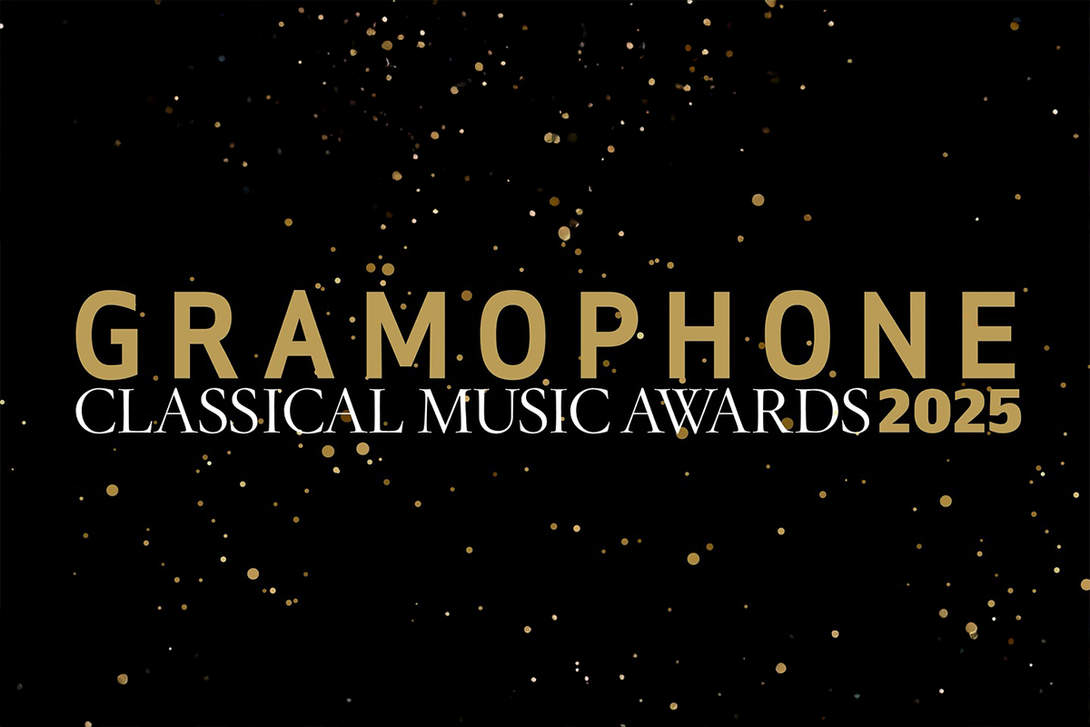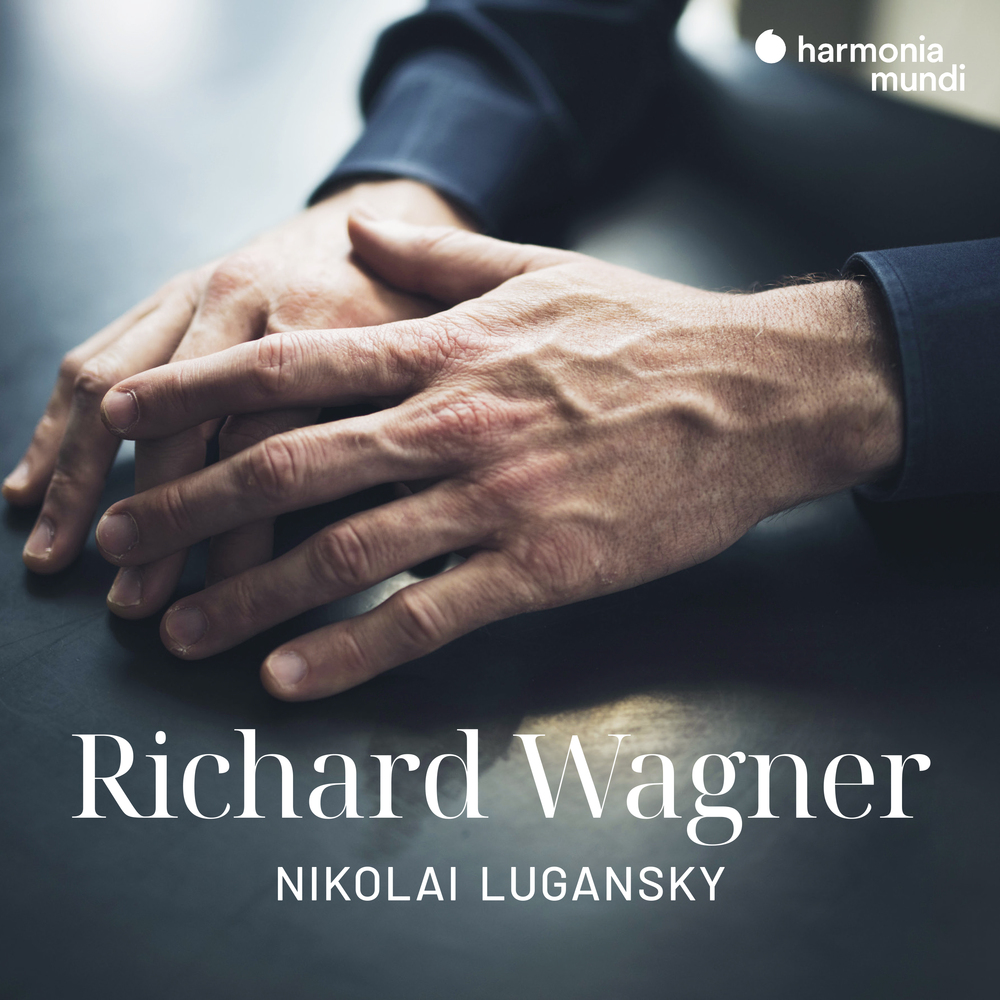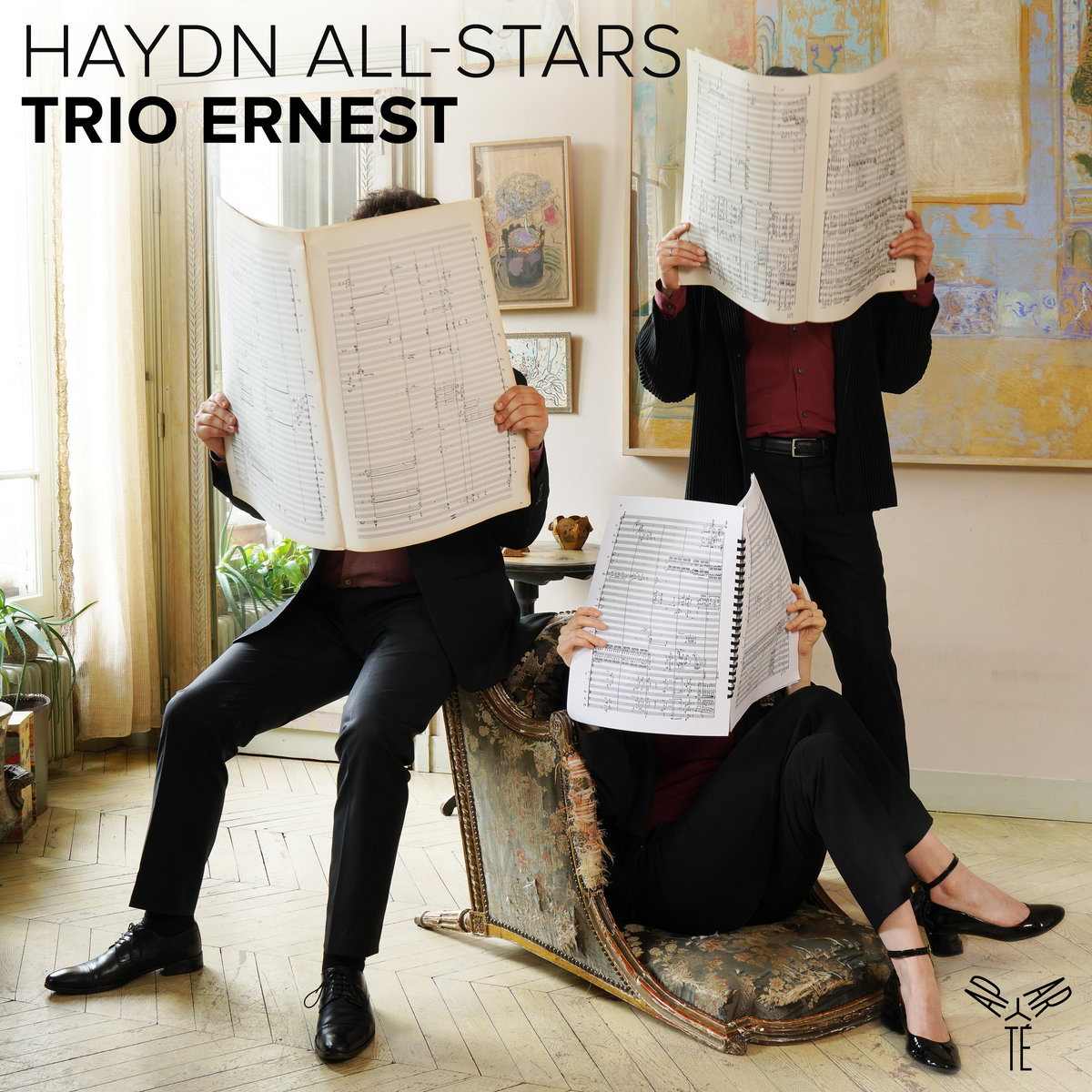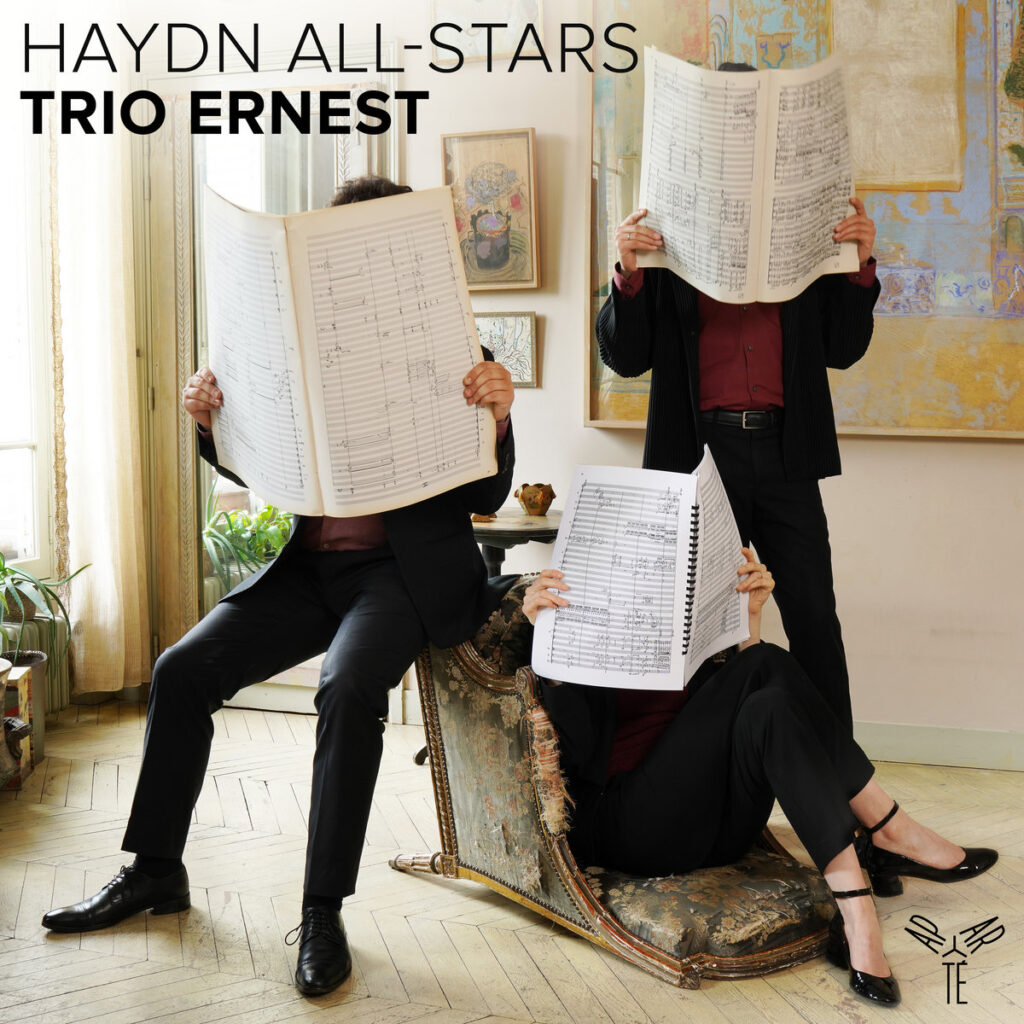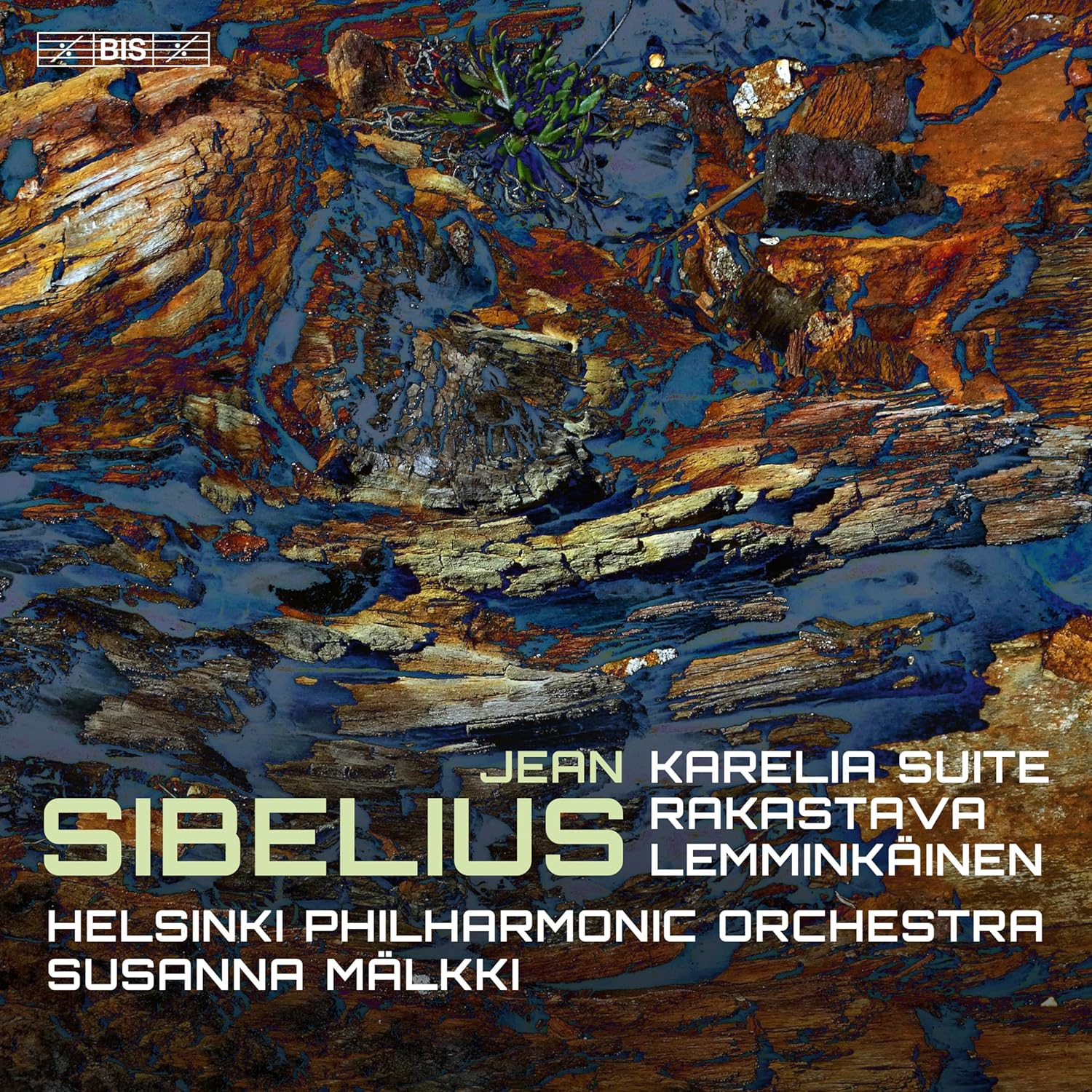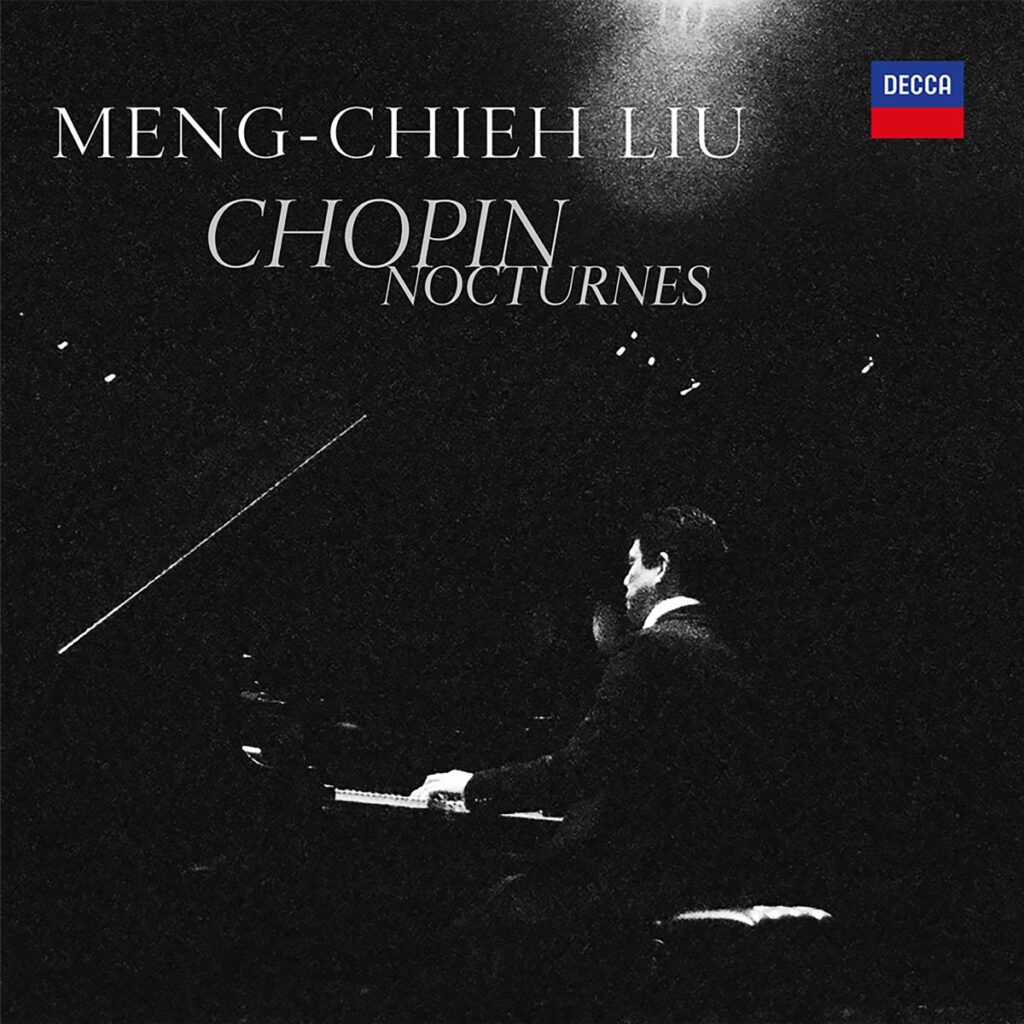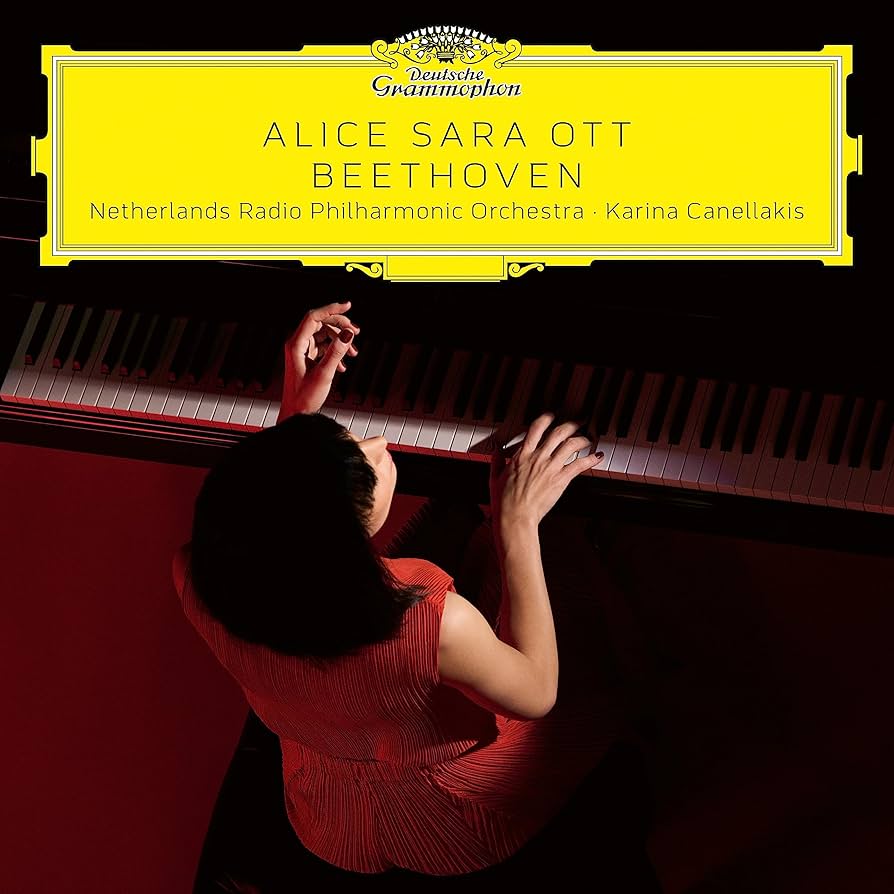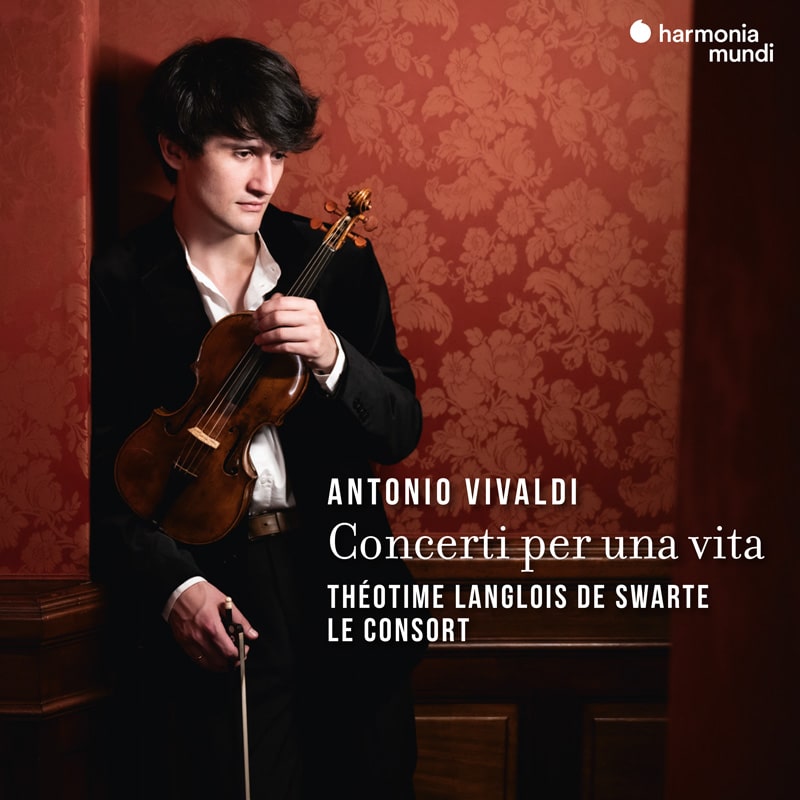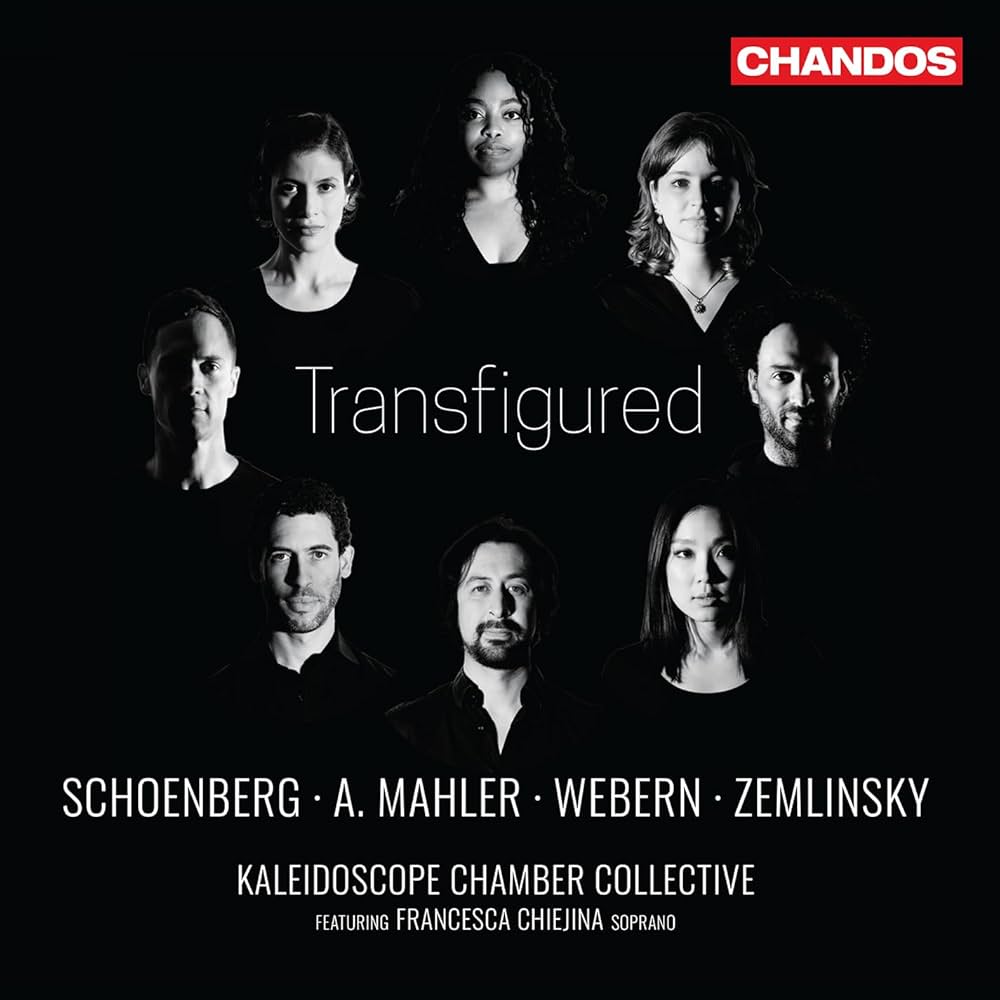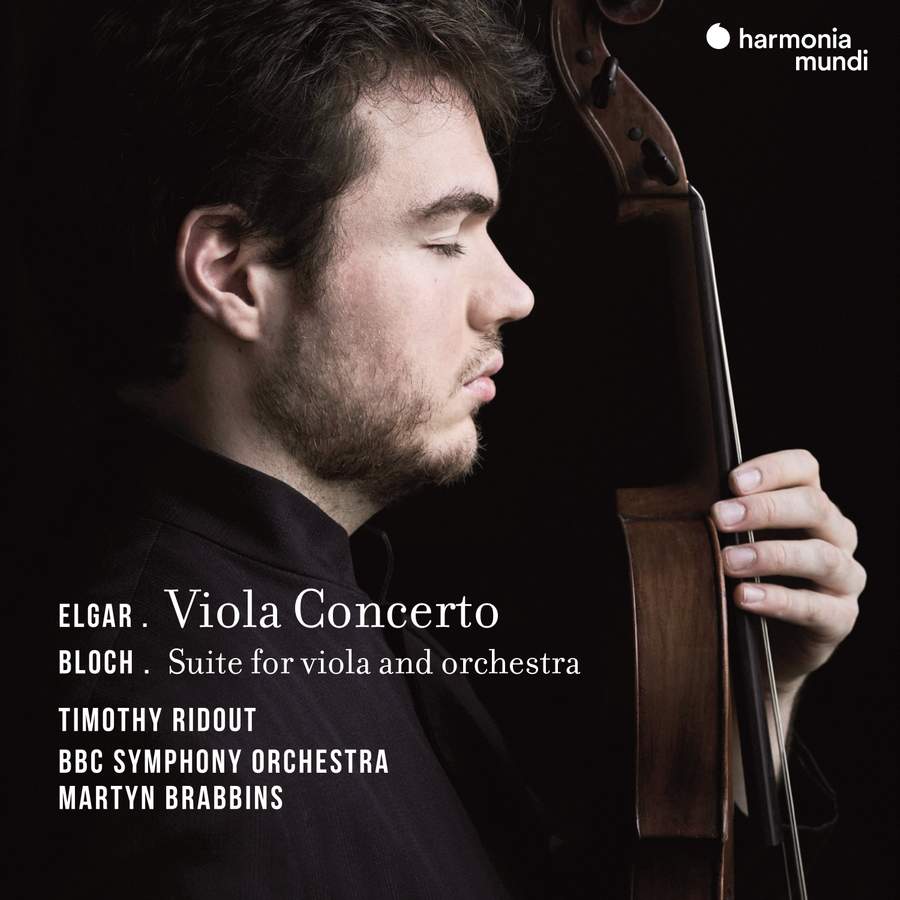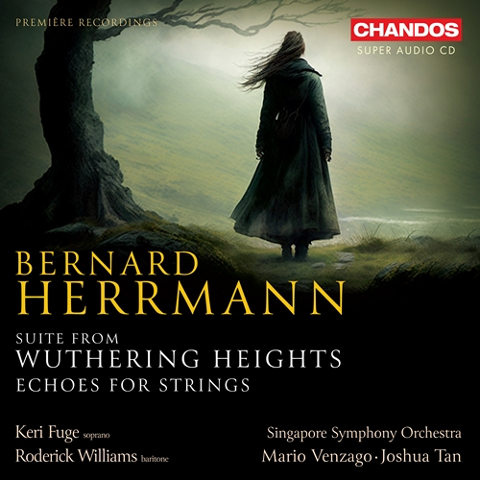What the 2025 Gramophone Awards Reveal About the Future of Classical Recording
The Gramophone Awards have long been considered a reliable mirror of the classical recording world. A way to understand not only who is excelling today, but also which artistic and industry trends are shaping tomorrow. The 2025 edition, marked by symbolic winners and shifting patterns, offers a concise snapshot of a recording landscape in transformation: more diverse, more artist-driven, and increasingly shaped by digital listening habits.
A Baroque Statement: Pichon and Pygmalion’s Victory
The Recording of the Year went to Raphaël Pichon and his ensemble Pygmalion for their luminous and dramatically sculpted interpretation of Bach’s Mass in B minor. At first glance, a Bach masterpiece winning the top award seems predictable; yet the reasoning behind the choice reveals deeper currents.
Pichon represents a generation of historically informed specialists who operate with the discipline of early music practice but embrace expressive elasticity. His reading stands out not for radical reinvention, but for its blend of clarity, dance-like articulation and emotional directness. Critically, this success highlights a trend: historically informed performance has become the mainstream gold standard, no longer a niche sector but a central force within the industry.
The win also signals the current appetite for recordings with spiritual, architectural and emotional coherence, which are qualities that feel increasingly valuable in an era dominated by fragmented, playlist-style consumption.
María Dueñas and the Age of Young Virtuosos
One of the defining stories of this year’s Awards is the double triumph of María Dueñas, who captured both the Instrumental award and the Young Artist Award. Her rapid ascent reflects a wider shift in the classical landscape toward highly visible, narrative-driven young artists who can navigate both the traditional concert hall and digital culture.
Dueñas’ artistry, distinguished by a bright, agile sound and a balance of Romantic warmth and contemporary clarity, resonates strongly with current aesthetic tastes. But her success also points to structural changes:
- Visibility is now inseparable from musicianship.
Young artists must cultivate recognisable artistic identities across multiple platforms. - Programming has adapted to streaming.
Her releases mix major repertoire, commissioned works and short digital-first tracks, reflecting a listening environment where versatility is an asset. - The audience skews younger.
Dueñas’ following illustrates how dynamic communication and strong storytelling attract a new demographic.
Her double win underscores the consolidation of a new generation of technically brilliant, media-savvy virtuosos who are redefining career trajectories.
Sir Simon Rattle and a New Model of Leadership
The award for Artist of the Year went to Sir Simon Rattle, reaffirming his continued artistic authority. But beyond the accolade lies a notable trend: the transformation of what artistic leadership looks like in the post-pandemic world.
Rattle’s recent career has moved away from long institutional appointments toward a more flexible, project-based approach. Instead of multi-year cycles with a single orchestra, he now focuses on curated repertoire, educational initiatives, and collaborations shaped by personal interest rather than institutional obligation.
This reflects a broader evolution:
- The traditional model of the all-powerful music director is losing dominance.
- Artists are engaging in portfolio careers, often balancing guest conducting, recording, and educational work.
- Recording projects are becoming more selective and concept-driven, rather than large, exhaustive cycles.
Rattle’s recognition thus symbolises the industry’s shift toward artist-led freedom, where individuality and project coherence outweigh structural permanence.
Independent Labels on the Rise
One of the most revealing patterns across categories is the strong showing of independent labels—Harmonia Mundi, Alpha, BIS, Chandos, Hyperion and others. While the major labels (Deutsche Grammophon, Decca, Warner) remain influential, independents continue to gather critical acclaim due to their artistic coherence and commitment to high-quality engineering.
Several factors explain this trend:
- Editorial identity matters.
Independent labels excel at producing albums with strong conceptual underpinnings. - Collectors and dedicated listeners prefer depth over marketing scale.
Independents cultivate long-term relationships with artists, resulting in more personal and distinctive projects. - Streaming has levelled the playing field.
Digital platforms reward niche expertise: high-quality, focused albums thrive in recommendation algorithms.
The Awards reinforce the idea that the future of classical recording may depend less on blockbuster releases and more on curated, thoughtful artistry.
The Album Is Not Dead, It’s Transforming
Despite concerns that playlists would erode the relevance of full albums, the 2025 winners prove otherwise. Many awarded recordings stand out because they offer thematic coherence, innovative programming, distinctive storytelling and detailed liner notes and multimedia material.
Listeners may discover works through individual tracks, but the critical community continues to value albums that present a complete artistic vision. In fact, the awards suggest that the more fragmented listening becomes, the more artists and labels respond with greater conceptual precision.
What the Awards Tell Us About the Future
Taken together, the 2025 Gramophone Awards reveal a recording world characterised by:
- Historically informed performance as a central standard
- A dynamic generation of charismatic young virtuosos
- Flexible, project-based artistic leadership
- Independent labels shaping aesthetic direction
- Concept albums thriving despite digital fragmentation
Far from signalling decline, the Awards suggest a sector adapting intelligently to new audiences and new technologies. The message is clear: classical recording today values individuality, editorial identity, and emotional authenticity above all. And as long as recordings like Pichon’s B minor Mass, Dueñas’ violin statements or Rattle’s curated projects continue to emerge, the classical album remains not only relevant, but essential.

